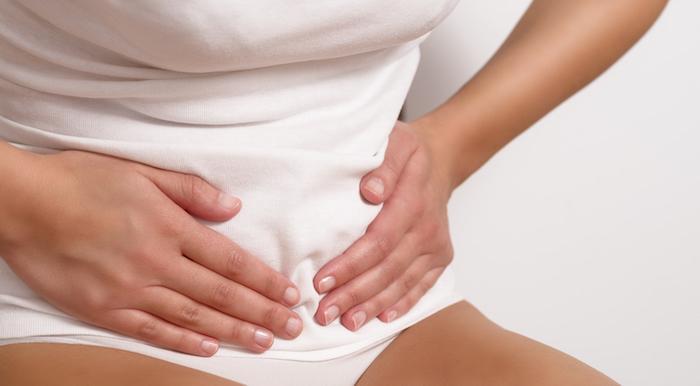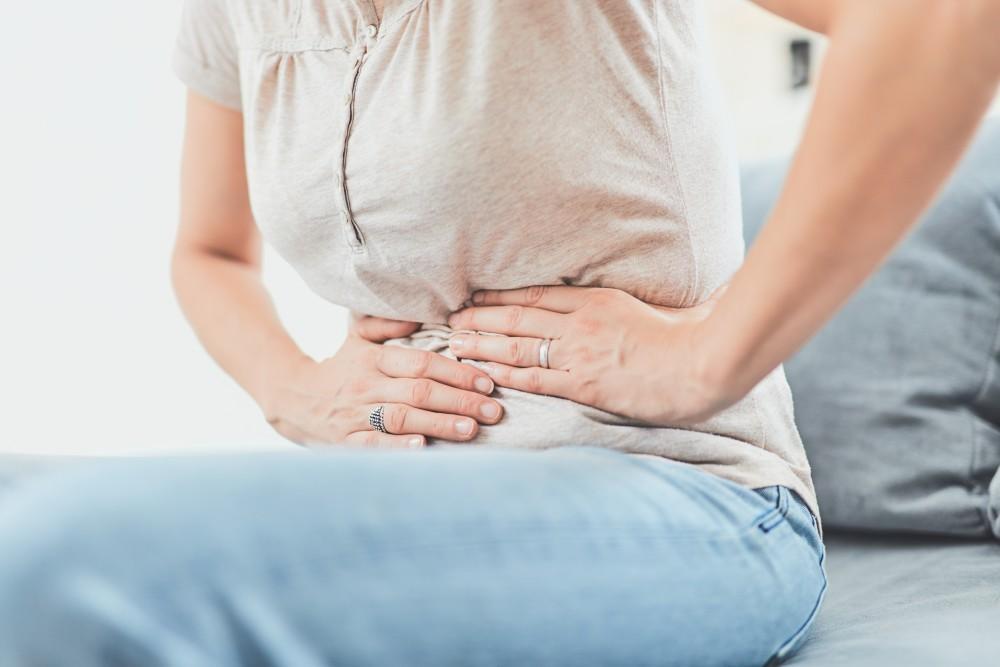
Who's At Risk For Developing Fibroids?

Did you know researchers believe 80% of women will have at least one fibroid by age 50? Currently, over 35 million women in America have uterine fibroids, and doctors still don’t fully understand why some women develop these non-cancerous tumors.
Fortunately, the medical community understands that certain factors put you at increased risk of developing uterine fibroids. At Alate Health in Houston, Texas, our board-certified radiologist, Dr. Andrew Doe helps women better understand fibroids and their risk factors to ensure early treatment and a life with fewer fibroid-related complications.
If you’re suffering from the unpleasant symptoms of fibroids, we can help with the latest fibroid treatment technology. If you’re not sure if you have fibroids, we help with accurate and efficient diagnosis.
Take a moment to learn more about fibroids and who’s at risk for developing these troublesome tumors!
What are uterine fibroids?
Doctors call benign (non-cancerous) fibrous and muscular tumors that form in the wall of the uterus uterine fibroids. Fibroids vary in size and can grow in different places in your uterine wall.
Some women experience uncomfortable — even debilitating — fibroid symptoms that interrupt their daily lives. But every woman is different, and some people don’t have any noticeable symptoms of fibroids.
Some potential symptoms fibroid cause include, but aren’t limited to:
- Heavy bleeding (especially with clots) during your periods
- Bleeding between periods
- Lower back pain
- Increased menstrual cramping
- Frequent need to urinate
- Pressure or fullness in the abdomen
- Swelling in the abdomen
- Periods lasting 7+ days
- Pain during sexual intercourse
- Issues emptying your bladder fully
- Constipation
Because some symptoms are the same as symptoms associated with other health concerns, it’s crucial to get an accurate diagnosis from a fibroid specialist, like Dr. Doe and Dr. Maneevese at Alate Health.
What are the factors that increase my fibroid risk?
While any woman may develop uterine fibroids, researchers have linked their development to certain risk factors. Here are some factors that put you at higher risk of uterine fibroids:
- Being over 30
- Being African American
- Having higher estrogen levels
- Diet high in sugary foods
- Eating red meat
- Drinking alcohol, especially beer
- Family history of fibroids
- Being overweight or obese
- Having high blood pressure
Fibroids usually develop in women who are in the childbearing years. While they may shrink slightly after menopause, fibroid symptoms can affect women at any time.
What are the factors that decrease my fibroid risk?
The good news is that just as certain factors increase your risk, other factors decrease the odds you’ll develop fibroids. While some, like family history, are out of your control, most risk factors are related to lifestyle.
Here’s a look at factors that decrease your risk of fibroids:
- Eating a diet high in vegetables and fruits
- Eating a diet high in beans and legumes
- Diet with no or reduced consumption of processed foods and meats
- Avoiding alcohol and sugar
- Being a healthy weight
- Exercising regularly
- Having healthy levels of vitamin D
- Managing stress well to keep stress hormones in check
If you want to learn more about your fibroid risk and what you can about it, contact Alate Health in Houston by calling 713-893-0650 today or request an appointment online now!
You Might Also Enjoy...

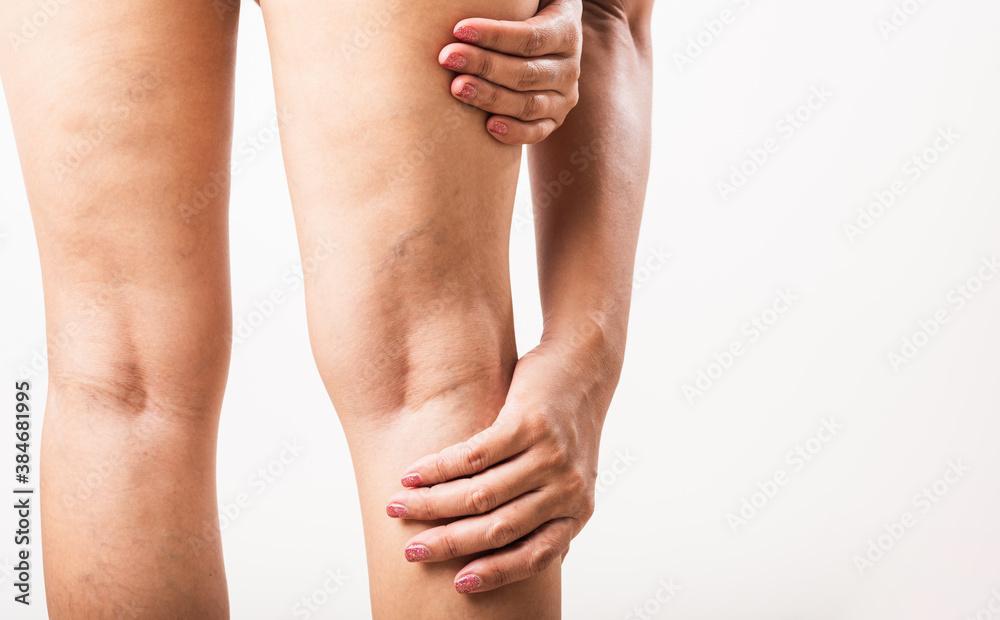
I'm Nervous About My Upcoming VenaSealTM Procedure

Telehealth: The Advantages of Telemedicine
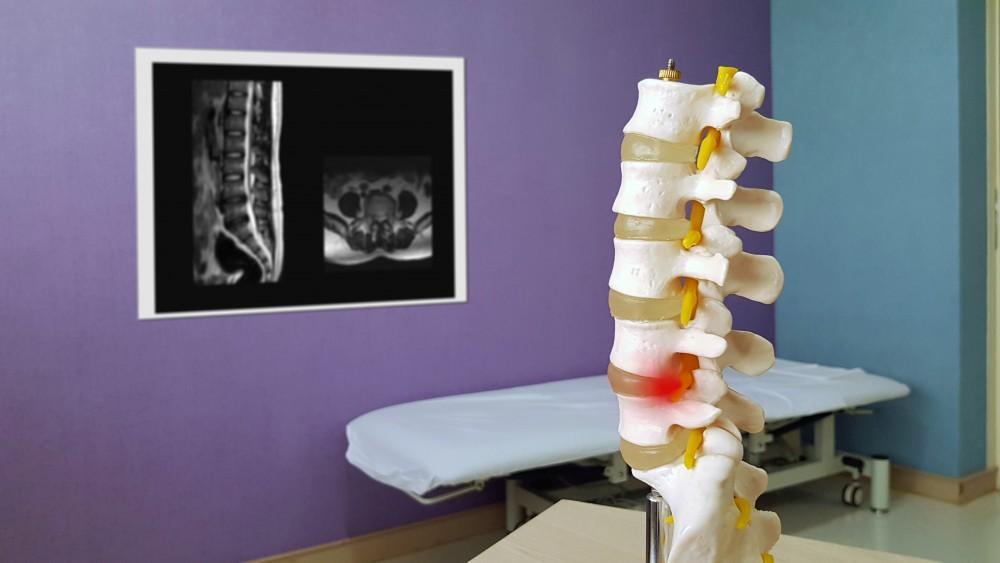
What Caused My Spinal Stenosis?
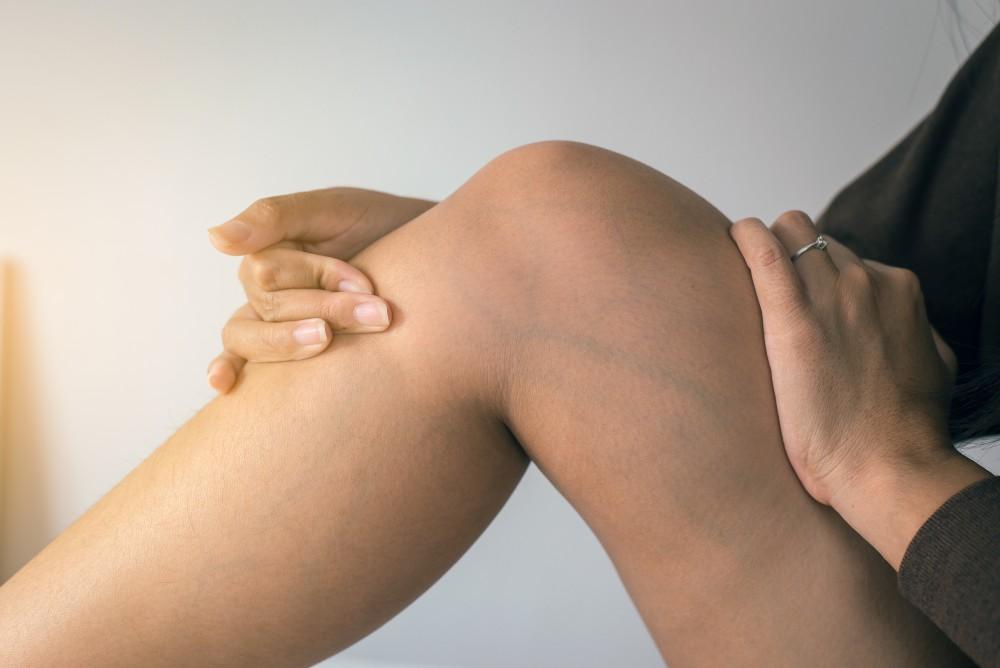
I'm Embarrassed About My Varicose Veins
